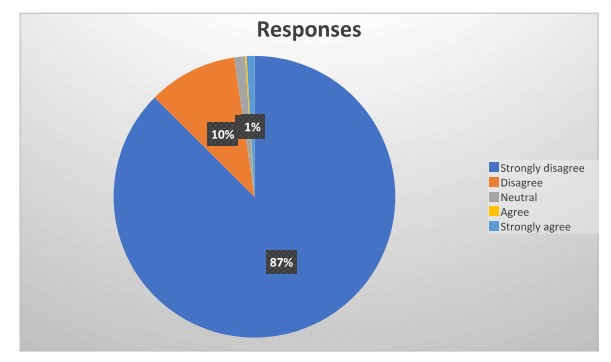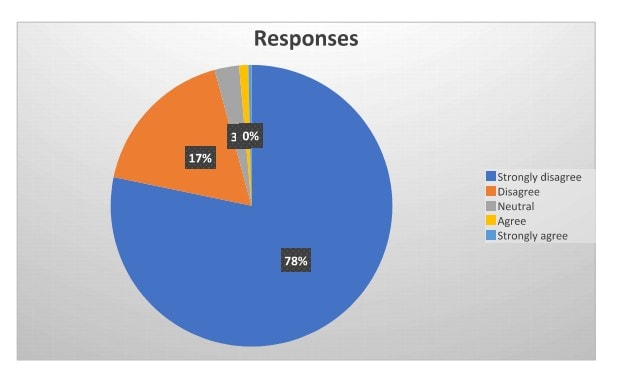KJIPUKTUK (Halifax) – When an online qualitative survey published in February suggested that many Nova Scotia teachers were battling stress, disillusionment, exhaustion and even burnout, education minister Zach Churchill was unfazed.
See also: ‘Demoralized and exhausted’ – Government ignores teachers at its peril, survey suggests
“These are frustrations that we are aware of,” Churchill told Keith Doucette of the Canadian Press at the time. “What we’ve done is acted on those.”
Well, teachers aren’t buying it.
In a follow-up online survey, once again conducted by the group Educators for Social Justice- Nova Scotia (ESJ-NS), 98% of respondents disagreed with the minister’s statement that “the teachers’ concerns raised in the report were old, and issues have vastly improved between January 2018 and February 2019.”

Teachers disagreed just as strongly with the Minister’s statement that the hiring of some 200 support staff had made a difference.

“My reading is that when teachers heard what the government had to say about our first report they got even angrier,” says Molly Hurd, a spokesperson for ESJ-NS. (Hurd is also an occasional contributor to the Nova Scotia Advocate).
“A response of 566 teachers out of a total of some 9,000 teachers, that’s a lot,” says Hurd. “And this without help from the teachers union, just by posting on social media for a week. When you get people agreeing at a rate of 96%, 98%, we’re pretty confident the results reflect the feelings that are out there.”
In response to a third question, only 15.7% of teachers agreed with minsiter Churchill that “behavioural challenges in classrooms” were their biggest concern. “Lack of student supports” (37.1%) and “Teacher workload and mental health” (27.2%) were both much bigger concerns.
“When Churchill talks about behavioural challenges, it’s almost as if he blames the children, and that is not how teachers feel. Teachers have lots of ideas about what can make their job more effective, but the government is not listening,” says Hurd.
“The cuts to the early literacy program are contrary to the recommendations in the report on inclusive education, where they talk about two tiers. The second tier is small group work with kids that are struggling, and yet that is what they’re cutting,” Hurd says.
Check out the recent survey here.
With a special thanks to our generous donors who make publication of the Nova Scotia Advocate possible.
Subscribe to the Nova Scotia Advocate weekly digest and never miss an article again. It’s free!



